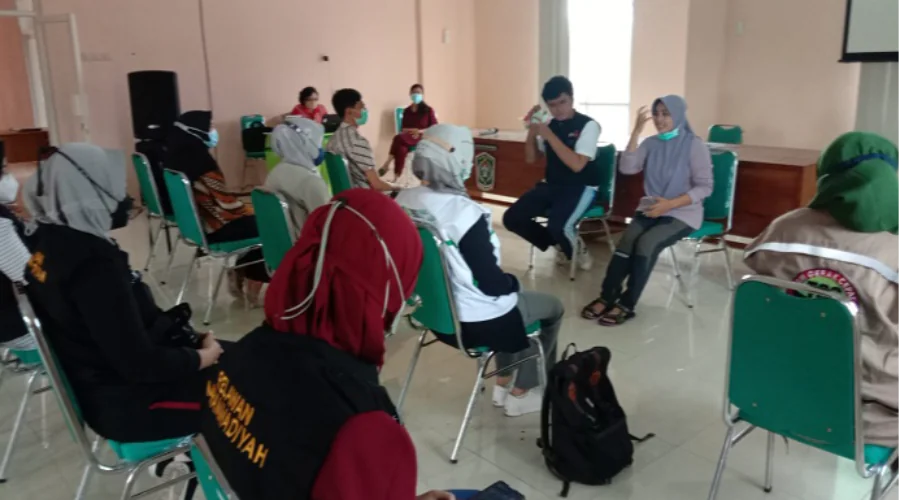
- 22 Dec
- 2021
Foto Dosen UM Surabaya dalam memberikan pelatihan untuk relawan
Volunteers Potentially Experiencing Stress, UM Surabaya Lecturers Give Special Training
The Mount Semeru eruption disaster has mobilized community elements including health workers and the wider community to become volunteers who are involved in helping eruption victims in the field. Usually, volunteers will carry out a series of activities with survivors, and what is often forgotten is that volunteers who interact with survivors for a long duration have the potential to experience secondary traumatic or stressful conditions that can occur quickly or slowly.
Uswantun Hasanah, Lecturer in Mental Nursing at the University of Muhammadiyah Surabaya (UM Surabaya) revealed that stress does not only occur in disaster victims. This can be very likely to happen to disaster volunteers. Both health workers (Nakes) or other workers.
"Conditions of stress or even trauma occur because they often stay in evacuation sites, continue to interact, and even listen to unpleasant experiences from survivors for a long time. This makes the volunteers feel sad and suffering," said Uswatun.
Stressful conditions that may occur require psychosocial support so that the volunteers remain mentally healthy.
"Psychosocial support is also needed by the volunteers so that they have mental resilience while interacting with survivors," said the young lecturer who graduated from the University of Indonesia.
While in the field Uswatun provided training to volunteers on the implementation of Psychological First Aid (PFA) in primary care, coaching the use of deep breathing relaxation techniques, and progressive muscle relaxation.
“Psychological support is given to volunteers so they have adaptive coping and are able to adapt to current situations and conditions. Apart from providing support, coaching is also carried out for health workers at puskesmas and mental health cadres, so that in the future they are able to independently provide treatment for simple psychosocial problems," he said in a written statement.
Uswatun also added that he was carrying out psychosocial support actions by joining the Mental Health and Psychosocial Support (DKJPS) team from the Directorate of Prevention and Control of Mental Health and Drug Problems (P2MKJN) of the Ministry of Health of the Republic of Indonesia (KEMENKES RI). The agenda was carried out on 13-17 December 2021. One of the areas of concern was the Tempeh Health Center, Penanggal Health Center, Candipuro Health Center and several locations around the disaster.




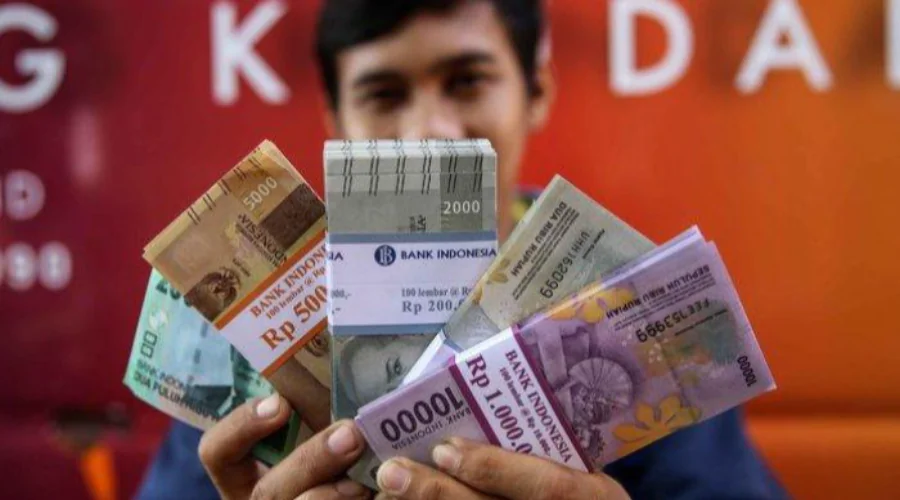
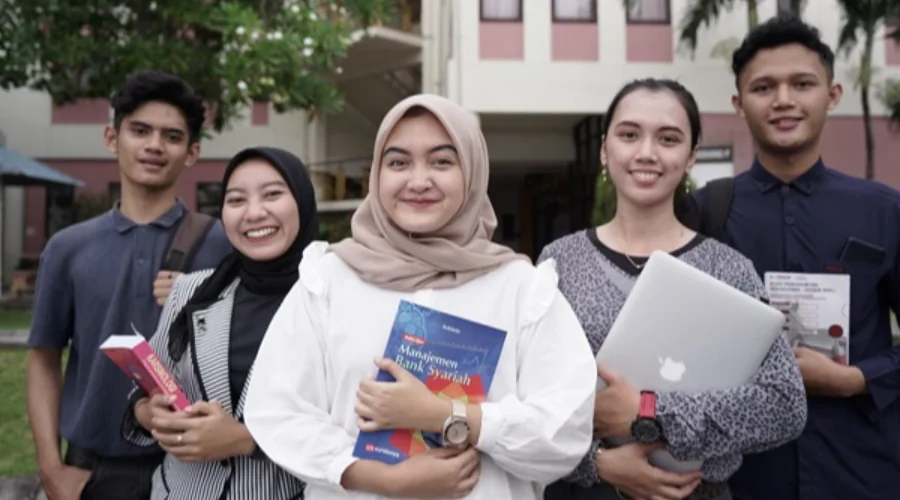
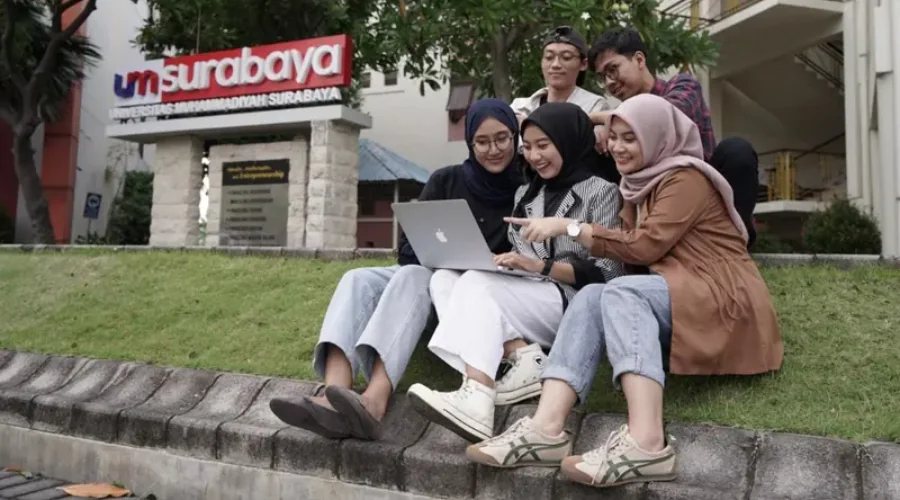
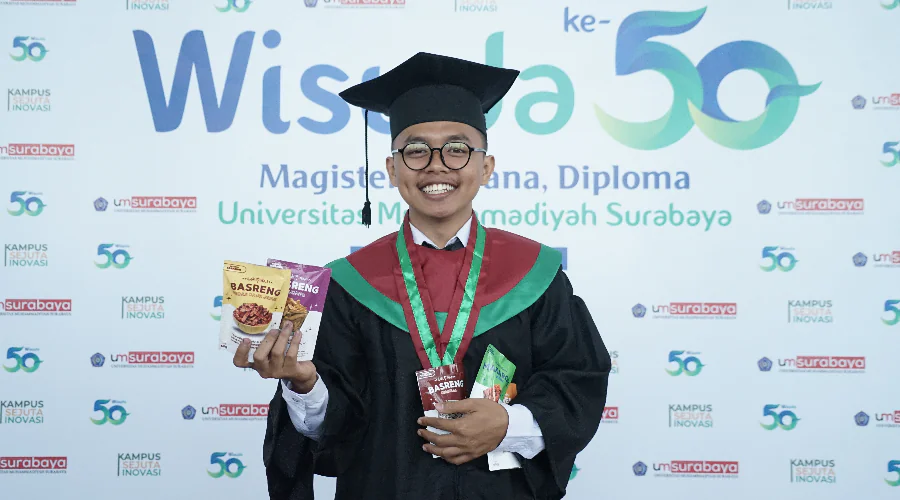
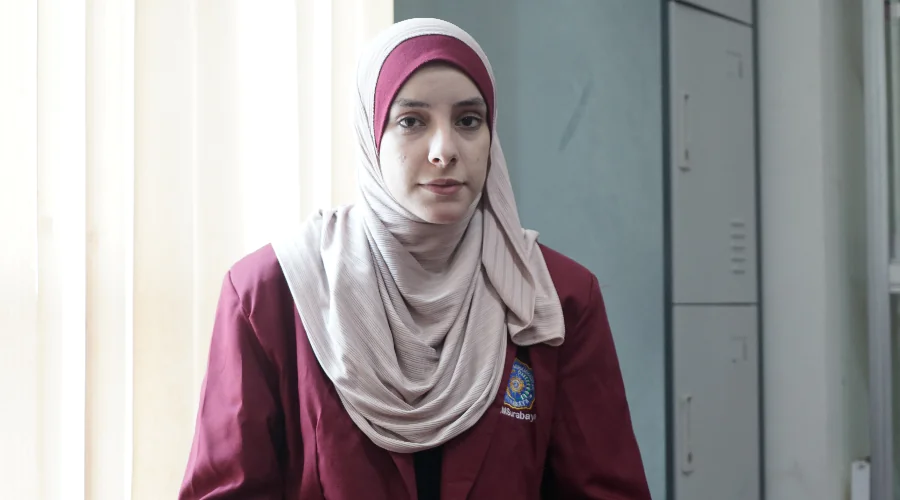
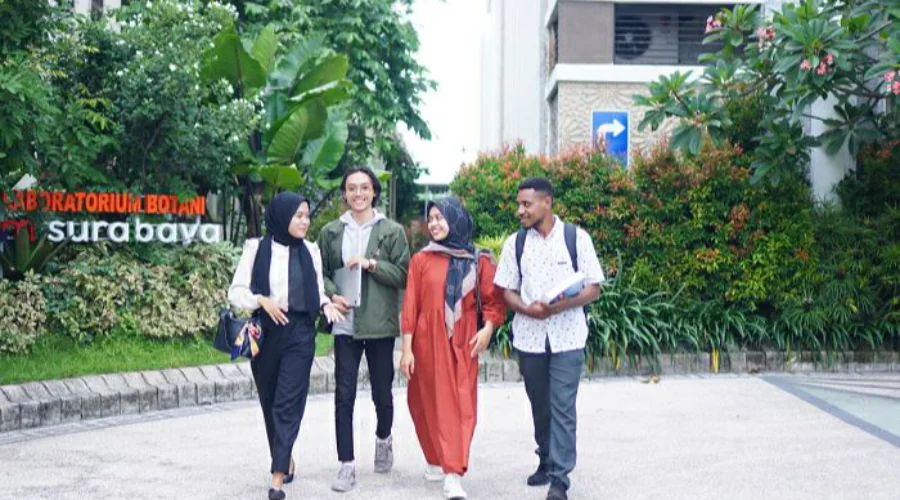
(0) Comments